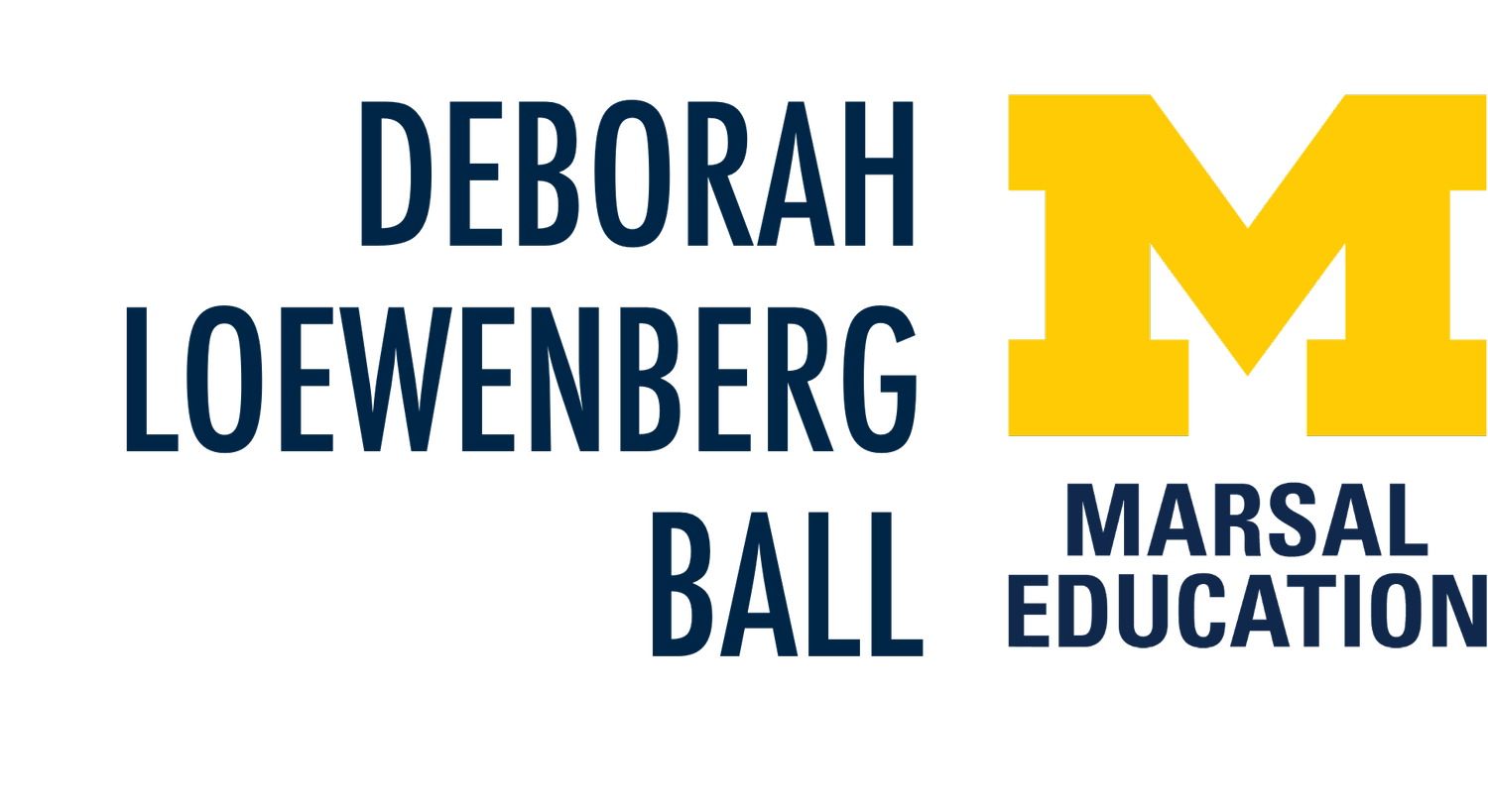In a February 16, 2024, opinion piece published in Education Week, Deborah Loewenberg Ball reflects on the ongoing crisis narrative about learning loss—and public education in general—that is prominent in today’s education discourse. Responding to the many articles and conversations about declining test scores and pandemic-related deficits in the wake of the release of the 2022 NAEP results, she writes:
It should worry us that, as a nation, the United States seems to be invested in tearing down the enormous possibility and promise of public education. In retelling that our children’s opportunities have been irredeemably destroyed, we impair the possibility of collective inspiration for how to move forward. Instead of seeing and building on children’s cultural and intellectual capacities, we are stuck in a swamp of behindness that creates an urgency of “catching up.” This swamp spawns policy initiatives that seek to control and punish rather than contribute to and develop.
Loewenberg Ball goes on to assert, “Good teaching is fundamental to a national project of public education that would prioritize students’ flourishing. But instead of recognizing and making possible the work of teaching, we disdain the profession by withholding respect, necessary resources, and appropriate compensation.” She closes her piece by offering up three strategies that could begin to address the problems facing education in the U.S. today—problems that are “undeniably complex, inextricably interconnected, and rooted in shameful histories.”
Read the Ed Week piece here.
